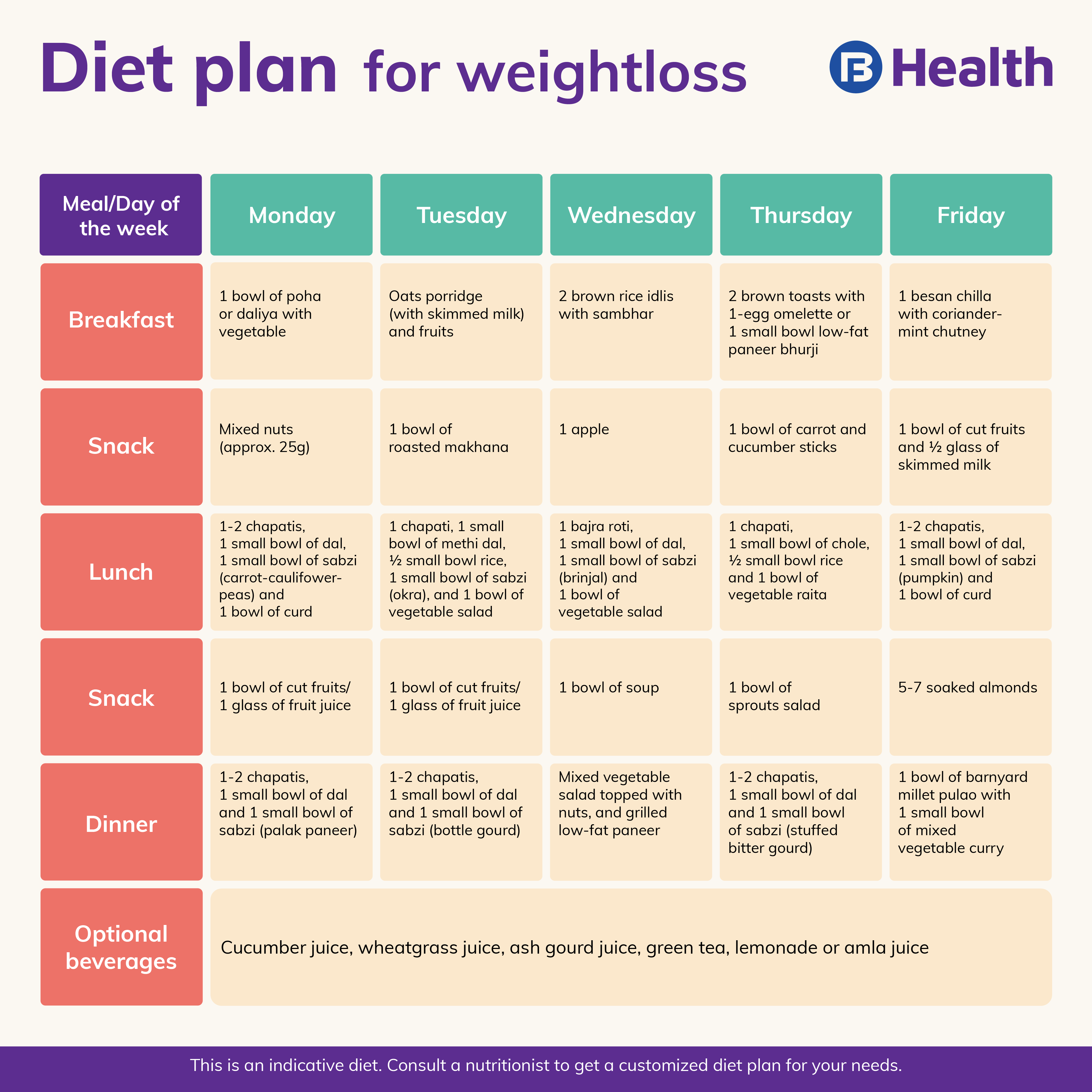The Mediterranean Diet Plan: An Taste of Health and Longevity
The universe of diets can be daunting, particularly with the abundance of alternatives available in today’s world. From low carbohydrate to plant-based, each diet purports to offer unique benefits and satisfy different living needs. The Mediterranean diet, famed for its emphasis on unprocessed foods and wholesome fats, has gained popularity as a method to boost both health and duration of life. It is esteemed by many doctors and nutritionists, not only for its flavorful flavors but also for the remarkable health benefits it provides.
In this article, we will investigate various types of diets and how they impact your body. By examining the pros and cons of common diets like the ketogenic diet, the Paleolithic diet, and the DASH diet, we aim to assist you figure out which approach might be right for your wellness journey. Whether you’re seeking effective weight reduction, muscle building, or merely a more manageable way of eating, our manual will answer your questions and assist you in making knowledgeable decisions about your eating lifestyle.
Grasping the Mediterranean Sea Diet
The Mediterranean Sea Diet is a culinary framework drawn by the traditional eating habits of nations surrounding the Mediterranean Sea, including Italy, Greece, and Spain,. It highlights whole, natural ingredients, such as a range of fresh fruits, vegetables, grains, legumes, seeds, and nutritious oils, predominantly olive oil. This cuisine also features moderate amounts of fish and chicken, while red meat and desserts are eaten sparingly. One of its fundamental tenets is savoring meals with loved ones and companions, fostering a social aspect that adds to overall well-being.
Health professionals often advise the Mediterranean Diet for its numerous health benefits. Studies consistently indicates it can improve cardiovascular health, aid in weight control, and lower the risk of chronic diseases such as diabetes and certain cancers. The diet's abundant selection of antioxidant-rich foods and anti-inflammatory helps combat oxidative stress in the body. Additionally, its focus on healthy fats and fiber promotes better digestion and satiates hunger, making it more manageable to stick to a balanced diet.
For those aspiring to embrace a healthier lifestyle, the Mediterranean Sea Culinary Plan offers adaptability and diversity, making it easier to adhere to long-term. Unlike more restrictive diets, it invites people to enjoy a broad selection of dishes, accommodating to different tastes and preferences. Whether you're a experienced cook or just starting your journey into healthier eating, this diet provides a route to lasting wellness that can easily be adapted to fit individual lifestyles.
Benefits of the Mediterranean Diet
The Mediterranean Diet is widely recognized as renowned for its heart-healthy benefits, especially due to its emphasis on unsaturated fats, especially from olive oil. BMI calculation have shown that adhering to this diet can considerably lower the risk of heart disease by decreasing bad cholesterol levels and boosting overall cardiovascular health. Moreover, the diet encourages the consumption of seeds, seeds, and fish rich in omega-3 fatty acids, further supporting heart health.
A further notable advantage of the Mediterranean Diet is its potential for weight control. By focusing on natural, minimally processed foods like vegetables, vegetables, grains, and lean proteins, this dietary approach promotes satiety and helps regulate appetite. Rather than restricting food intake, the Mediterranean Diet encourages mindful eating and portion control, making it easier for individuals to maintain a healthy weight without experiencing deprived feelings.
In conclusion, the Mediterranean Diet has been linked to better lifespan and decreased risk of chronic diseases. Its rich array of antioxidants, vitamins, and minerals from whole foods contributes to overall well-being and may reduce the incidence of conditions including diabetes, hypertension, and some cancers. Moreover, the diet's emphasis on gathering around food and cultural traditions fosters a positive relationship with food, enhancing psychological health and promoting a balanced lifestyle.
How to Incorporate the Mediterranean Diet within Your Lifestyle
Embracing the Mediterranean diet is more straightforward than you might think. Start by filling your kitchen with the foundations of this diet, such as seasonal fruits, vegetables, whole grains, legumes, nuts, and nutritious fats like olive oil. Organizing your meals around these ingredients can make grocery shopping more straightforward and ensure you regularly have healthy options on hand. Add a variety of herbs and spices to boost flavors without relying on salt, making your meals both savory and healthful.

One more key aspect is to make mealtimes a shared event. The Mediterranean culture emphasizes communal meals and dining with family and friends. Aim to set aside time to enjoy your meals without disturbances, fostering relationships and mindfulness. Cooking together with loved ones can also make it a fun experience, allowing everyone to learn and appreciate the beneficial foods being prepared.
In conclusion, consider including physical activity into your routine to complement the Mediterranean lifestyle. Whether it's walking, cycling, or participating in a group dance class, staying active is important. Aim for frequent exercise as part of your daily life, aligning it with community activities or family outings. This not only improves physical wellness but also enhances the social aspect of living a Mediterranean lifestyle.